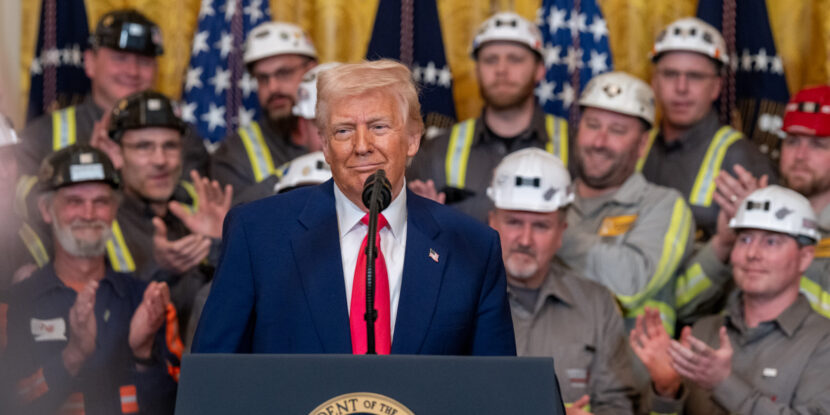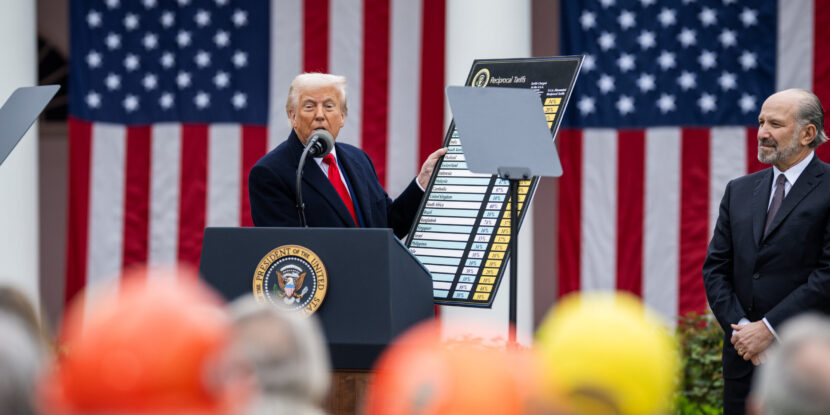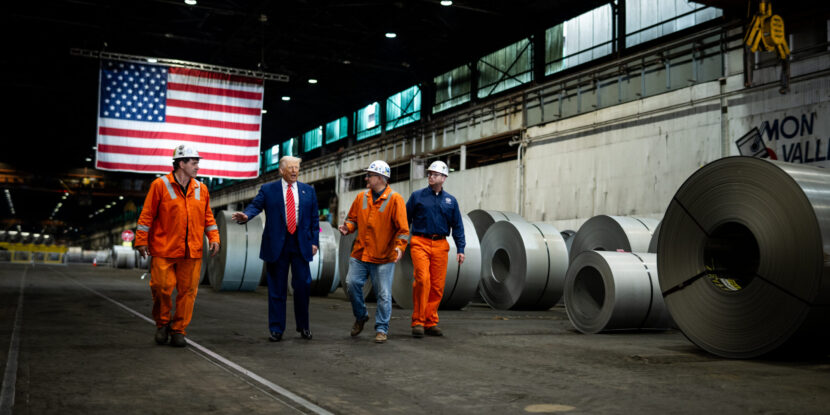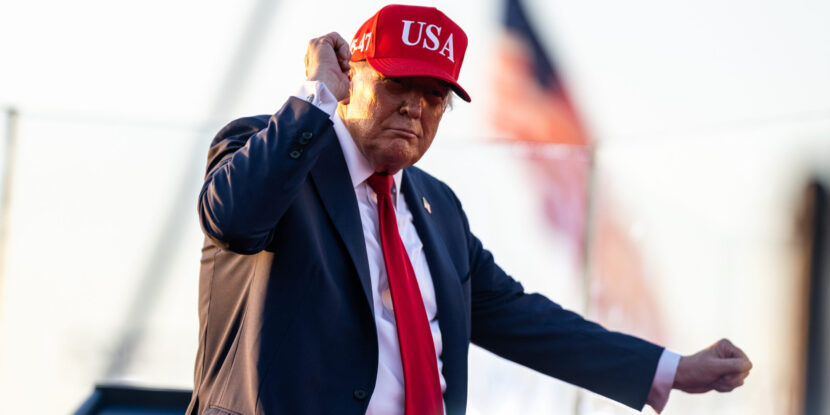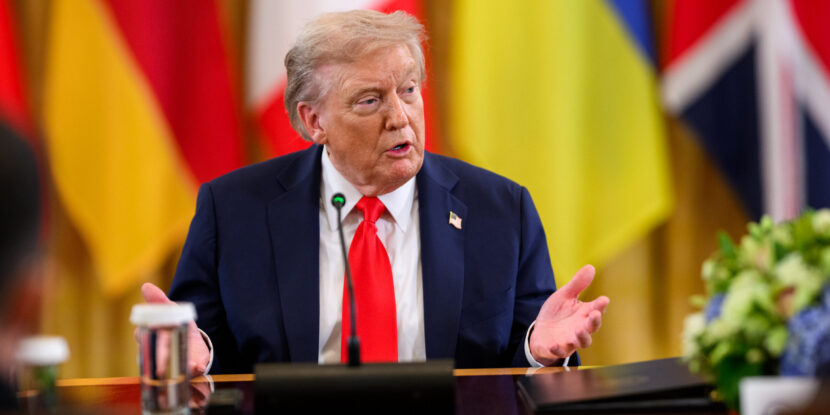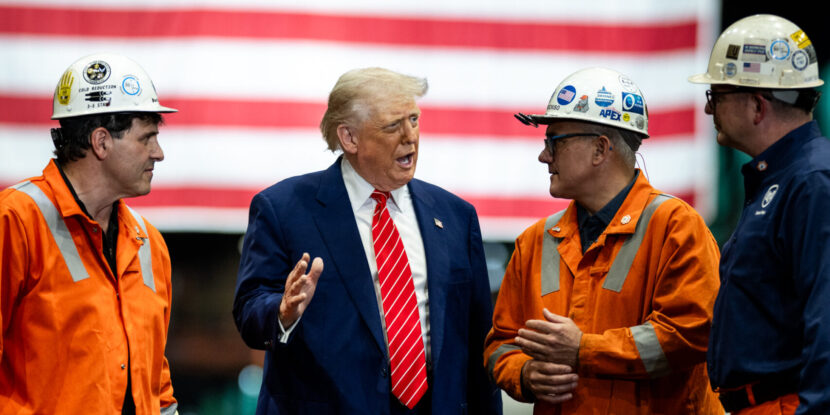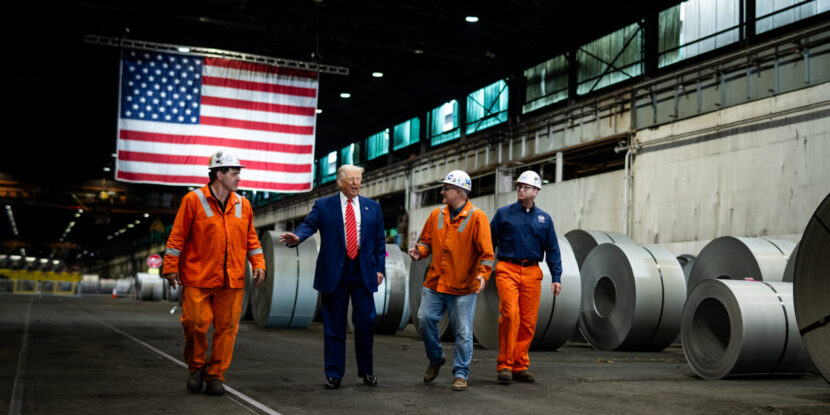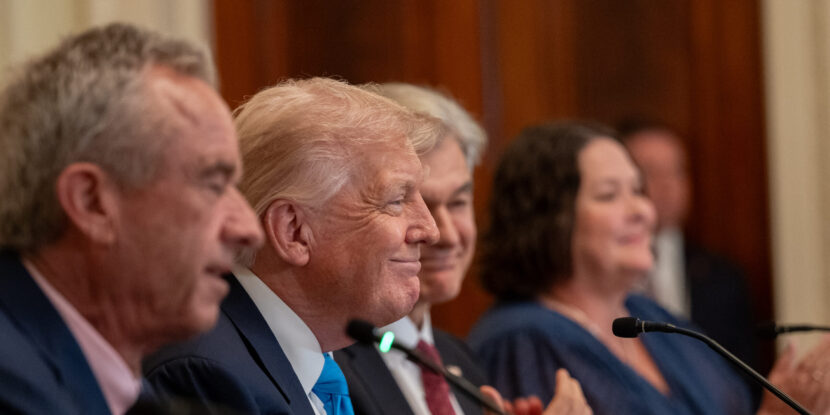❓WHAT HAPPENED: Eli Lilly announced plans to invest over $3.5 billion to build a manufacturing plant in Pennsylvania’s Lehigh Valley to produce next-generation obesity drugs.
👤WHO WAS INVOLVED: Eli Lilly, CEO Dave Ricks, President Donald J. Trump, and rival pharmaceutical company Novo Nordisk.
📍WHEN & WHERE: The announcement was made on Friday, with construction expected to begin this year in Pennsylvania. The site is projected to be operational by 2031.
💬KEY QUOTE: “Lilly CEO Dave Ricks has told me the drugmaker aims to build six plants in the U.S.” – President Donald Trump
🎯IMPACT: The plant will create 850 permanent jobs and 2,000 construction jobs, while advancing production capacity for obesity treatments.
Pharma giant Eli Lilly said it will invest $3.5 billion to build a new manufacturing facility in Pennsylvania’s Lehigh Valley, expanding its U.S. production footprint as demand for obesity and diabetes drugs continues to surge. The plant will focus on making next-generation obesity treatments, including retatrutide, an experimental drug that has delivered strong weight-loss results in late-stage clinical trials. Construction is expected to begin this year, with the facility scheduled to start operations in 2031. Once fully operational, the site is expected to employ about 850 full-time workers, including engineers, scientists, and technicians, and support roughly 2,000 construction jobs during the building phase.
The Pennsylvania project marks the fourth major U.S. manufacturing facility announced by the pharmaceutical giant in recent years. Lilly has pledged at least $27 billion toward new domestic manufacturing investments, in addition to roughly $23 billion it has spent in the United States since 2020. CEO Dave Ricks has reportedly told President Donald J. Trump that the company plans to build six U.S. plants, although Lilly has not formally confirmed that number.
The investment comes as drugmakers race to expand manufacturing capacity for GLP-1-based therapies, which have reshaped the treatment of obesity and type 2 diabetes. Obesity rates continue to climb worldwide, with projections showing that more than half of adults could be overweight or obese by mid-century, contributing to a sharp rise in diabetes and related chronic diseases.
Beyond healthcare, the widespread use of effective weight-loss drugs has drawn attention for its broader economic impact. Analysts have suggested that large-scale weight reduction could lower costs in industries such as aviation by reducing fuel consumption, while governments have focused on improving access to the medications to curb long-term healthcare spending.
Lilly recently overtook Novo Nordisk in the GLP-1 market, though Novo is seeking to regain ground with plans to launch the first GLP-1 pill for obesity. Both companies have increased U.S. investments following earlier tariff threats from President Trump, which have since eased after voluntary drug pricing agreements aimed at lowering costs for patients.
Join Pulse+ to comment below, and receive exclusive e-mail analyses.

